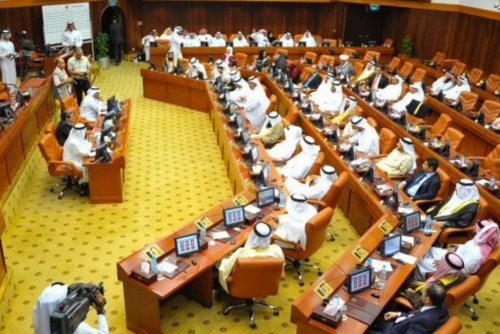Parliament to debate power deal with Islamic Development Bank
TDT | Manama
Email: mail@newsofbahrain.com
Parliament will on Tuesday discuss a proposed law to ratify agreements with the Islamic Development Bank (IsDB), enabling the construction of a new 400-kilovolt power substation in Jasra.
The project, linked to Decree No. 86 of 2024, involves a framework agreement, an agency agreement, and a government guarantee—all signed on 9 September last year. These contracts secure funding for the substation and its related works. The Ministry of Finance supports the plan, calling the Bank’s offer one of the most favourable available, with lower borrowing costs than commercial loans, a grace period of up to seven years, and repayment terms extending to 25 years.
Both the Electricity and Water Authority (EWA) and the Ministry of Electricity and Water Affairs back the project, citing its necessity in meeting Bahrain’s growing energy needs.
EWA will serve as the agent responsible for procurement and tendering and will ensure public acknowledgement of the Bank’s contribution. A government guarantee will cover EWA’s obligations until all conditions are met and repayments complete.
The Jasra substation forms part of a broader national effort to upgrade Bahrain’s power grid and ease pressure on existing infrastructure. The scope includes construction of a 400/220 kV transmission station, 42 kilometres of 400 kV underground cables linking Jasra to Riffa and Umm Al Hassam, and 30 kilometres of 220 kV lines connecting it to Northern City, Ramli and Seef.
New switchgear will also be installed at Riffa. The project includes consultancy services, financial auditing, and an emergency component, with completion expected by 2027.
Once operational, the Jasra facility will be Bahrain’s fifth 400 kV substation, alongside an additional 220 kV station, bringing the total to 37. Transmission capacity is projected to rise from 926 megawatts to 1,359, with transformer capacity doubling to 2,000 megavolt-amperes. The project is also expected to boost Bahrain’s contribution to the GCC power grid.
Related Posts

